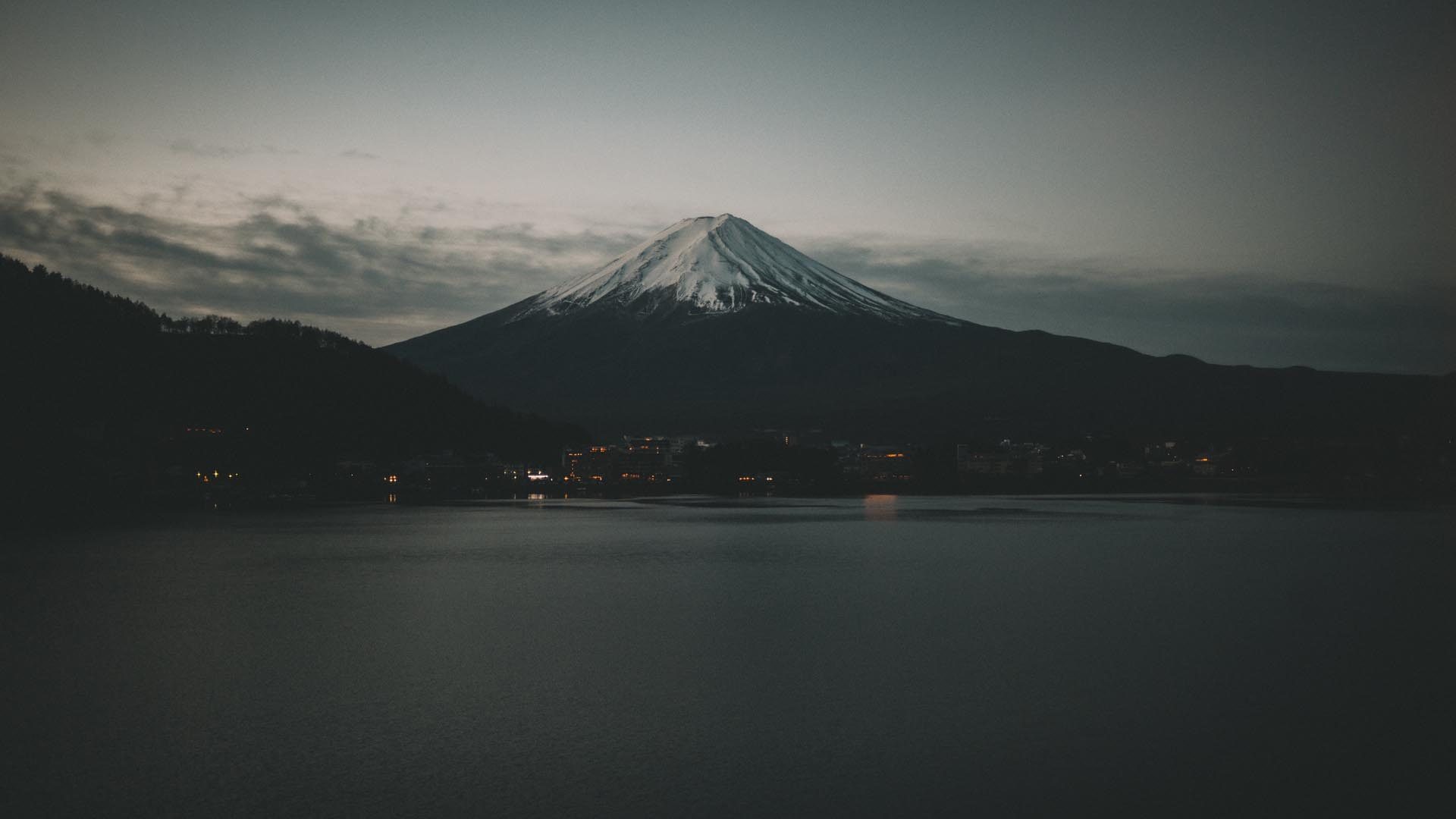The Story: A year after the earthquake, tsunami and nuclear disaster that devastated Northern Japan last March, many that country’s citizens are still suffering from despair. According to Bloomberg, suicides rose in April, May, June and August—-the months following the natural disasters that devastated towns in northeastern Japan and triggered a nuclear crisis. For a 14th straight year, suicides in Japan have exceeded 30,000.
The Background: As Joey Zorina, a pastor at Ekklesia Christian Church in Kawasaki, Japan, writes, the images of the destruction will be etched forever in the minds of the country’s survivors:
The farmer who hanged himself, distressed about a cabbage harvest ruined by radioactive fallout from the Fukushima Daiichi nuclear power plant; the overworked government worker near the complex who took his life; the father who killed himself after a fruitless search for his child after the tsunami- all these are but reminders of the ongoing suicide (30, 000 per year) in post-modern Japan. Nearly 100 people a day commit suicide; one every 15 minutes. The most common hour of death is 5: 00 am for men; and noon for women, after their families have left for work or school. The suicide rate in Japan is tragically alarming. Suicide is now the leading cause of death among men aged 20-44 and women aged 15-34.
Imagine the soldiers and police officers who had spent weeks on the grim search for bodies, as well as nuclear plant employees working overtime to deal with the crippled reactor! They’re ordinary men and women like us with families, all vulnerable to the effects of the disaster. As the nation rebuilds from the 3/11 major catastrophe, public health officials are concerned that a lingering sense of hopelessness and desperation among those affected might lead to a surge in suicides. In a nation that’s already coping with one of the developed world’s highest rates of suicide deaths, there is a high probability that post-disaster stress could eventually lead to a higher rate. The nation experienced a rise in suicides after the 1995 Kobe earthquake that killed more than 6,400 people. Those who chose to die included the city’s deputy major, who doused himself with kerosene on the first anniversary of the disaster. As Japan rebuilds, there is a fundamental question that will arise in the hearts of people who have lost homes, family and friends: “What do I have to live for?”
Why It Matters: “Japan is being rebuilt by the power of the Cross,” writes Zorina. “There is an ongoing relief work and support by Christians from all over the world. And it would be very unkind and unloving if we try to liberate people from their present temporal sufferings and not offer them the whole Gospel to alleviate their eternal sufferings.”
Because of God’s grace, some Japanese are able to see the light of Christ even in the shadow of destruction. For example, Masato Kotani lost his business because of the disasters, but is grateful that it helped him to find what really matters.
